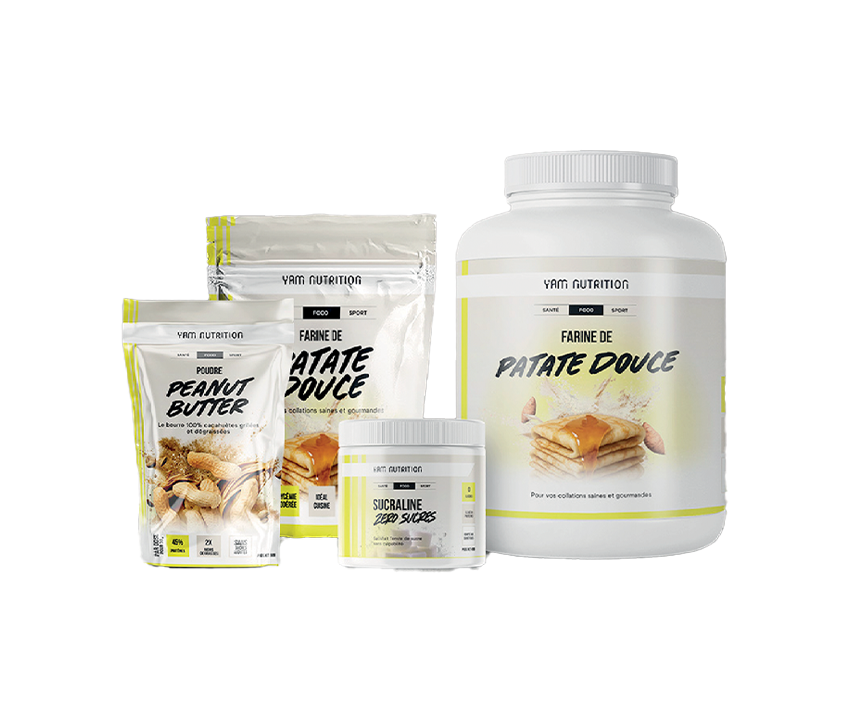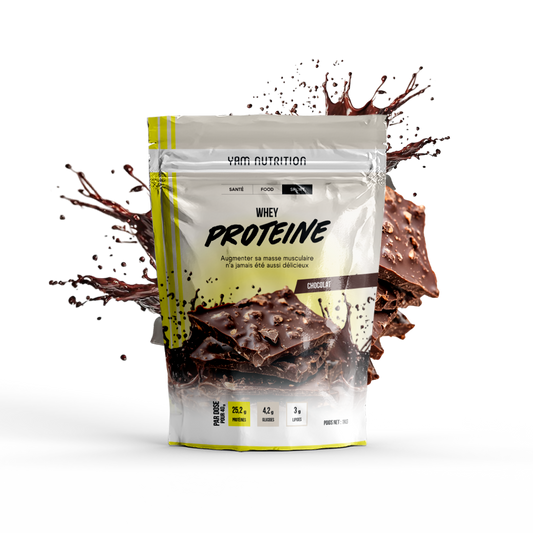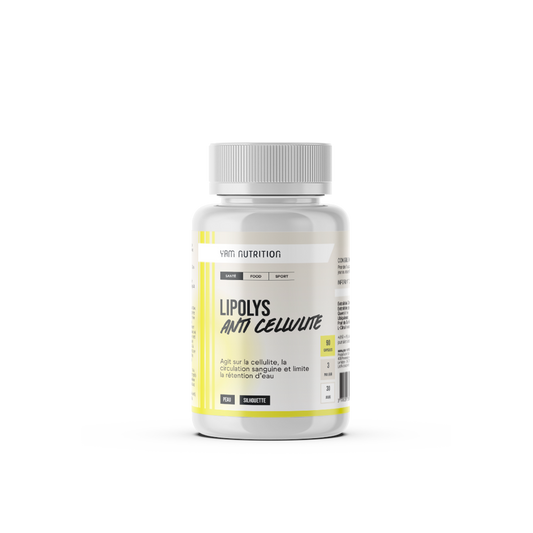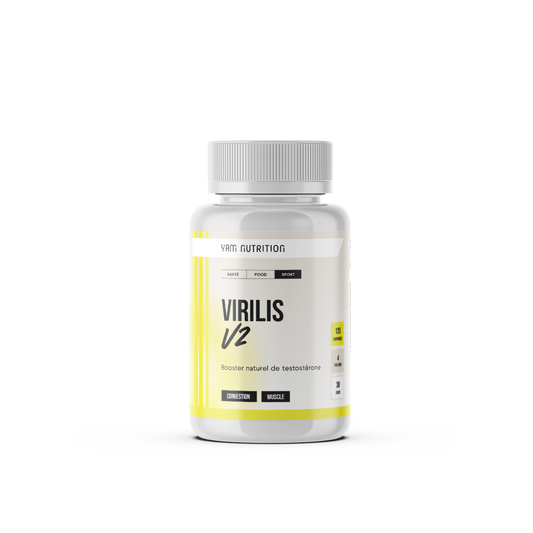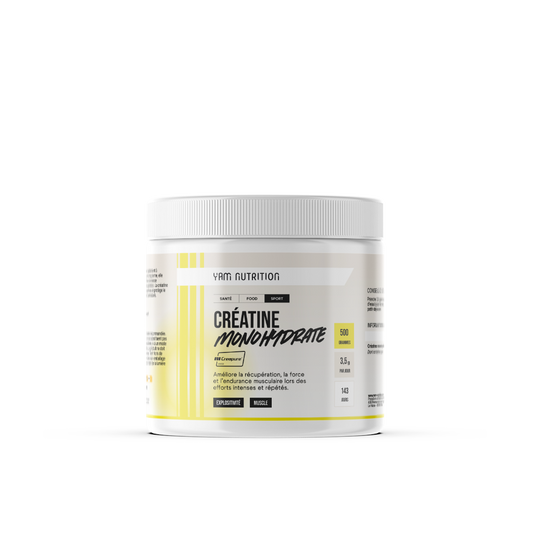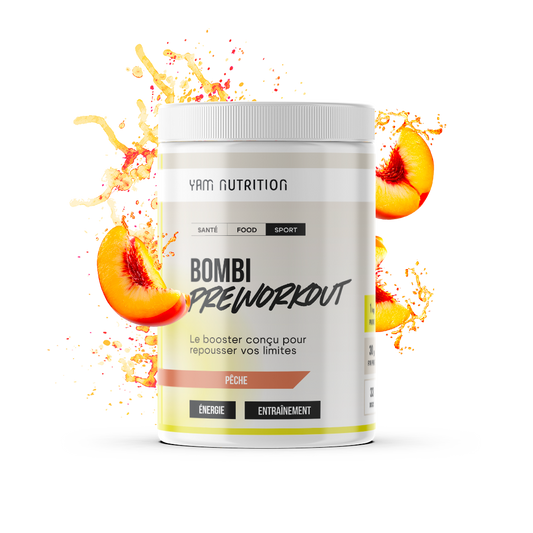Food timing, knowing how to manage your nutritional intake to gain muscle

Sommaire
- Food, carbohydrates, proteins and hydration are the essential bases of sports nutrition
- Proteins, carbohydrates, fatty acids and micronutrients each contribute in their own way to athletic performance
- Anabolism is provided by proteins while carbohydrates block catabolism
- Know how to eat during the day to store energy and optimize post-workout recovery
- Taking protein after training is a good strategy in terms of food timing.
- What dietary timing should be adopted for carbohydrate nutritional intake?
The question of dietary intake among bodybuilders and those who need gain muscle is a crucial question. Obviously, it is not possible to gain muscle mass without balanced nutritional intake of carbohydrates, proteins and fatty acids. As you know, carbohydrates represent your primary source of energy, more precisely glucose. While proteins (along with amino acids) and fats also allow you to synthesize ATP, glucose will always be the simplest biochemical pathway for energy production. But aside from the question of macronutrients, the question of food timing is also important...
Bodybuilders on a controlled diet know this very well. When they reduce their carbohydrate intake, energy becomes increasingly difficult to come by, and fatigue sets in more quickly. But when it comes to building muscle and strength, proteins and fats also play a vital role. Proteins and the amino acids they contain are the building blocks of muscle synthesis. Muscle proteins, actin and myosin, are actually made up of amino acids . Muscle itself is composed of approximately 30% protein and 70% water. Fats, on the other hand, play a role in energy synthesis, but they also have other essential functions.
Building muscle mass has never been so delicious The natural testosterone booster Improves strength, power and muscular endurance during intense and repeated efforts
Whey Protein
Sale price
From 37,90 €
Virilis V2
29,90 €
Sale price
29,90 €
Creatine Monohydrate Creapure®
Sale price
From 34,90 €
Food, carbohydrates, proteins and hydration are the essential bases of sports nutrition
From this, you can easily understand that hydration plays a major role in your diet, but also that protein intake remains essential when it comes to strengthening your muscle fibers, which are also made up of their own proteins. At the muscle level itself, these are actin and myosin. Dietary carbohydrates constitute your primary energy reserve, starting from glucose. This famous energy source is stored in the muscles and the liver in the form of glycogen. These are simply glucose molecules linked together.
Let's not forget the importance of fats because they are essential for the nervous system, the synthesis of cell membranes and androgen hormones such as testosterone . Essential fatty acids, Omega 3 , Omega 9 but also Omega 7 which are rarer, should never be neglected. In fact, sports nutrition is the first pillar of muscle building and physical strength. Consequently, the nutrition of the bodybuilding athlete must take into account the amount of energy to be stored before training (in the form of glycogen) as well as the amount of nutrients necessary to take after exercise in order to facilitate physical and neuromuscular recovery. As you can see, the timing of food in the athlete has a certain level of importance…
Proteins, carbohydrates, fatty acids and micronutrients each contribute in their own way to athletic performance
In order to benefit from a diet adapted to sports practice, you will have to take into account several criteria. The quantity and balance of nutritional intake, the timing of food and the latent period between different meals. It is also quite common to hear that bodybuilders must eat 5 to 6 meals per day in order to optimize the muscle growth But as is often the case, rules stated in a somewhat caricatured manner are not entirely in line with scientifically proven reality. In the same way, it was long believed that it was imperative to provide the body with protein every 3 to 4 hours, but in truth, this is a rule of sports nutrition that applies better to experienced bodybuilders than to beginners.
In reality, the total amount of protein and amino acids ingested during the day, over 48 and 72 hours will make more sense than taking into account occasional protein intakes, even if these are essential to provide the body with a sufficient amount of nitrogenous bases provided by proteins. Obviously, it is very difficult to know if you have actually gained muscle from one day to the next. Logically, you can only estimate your progress in muscle and strength over several weeks or months. You should nevertheless take 25 to 35 grams of protein after weight training, depending on your age. As you might expect, the older we get, the more protein needs increase. At 20 or 25 years old, taking 20 g of protein is often sufficient, while 35 to 40 grams will be necessary to stimulate muscle hypertrophy in those over 40.
Anabolism is provided by proteins while carbohydrates block catabolism
Indeed, the nitrogen balance determines the metabolic state of the body. If it is positive, anabolism is more frequent than catabolism; if it is negative, catabolism dominates over anabolism or muscle protein synthesis. The question is therefore whether the period of muscle anabolism is more frequent during the day than catabolism (use of amino acids and other nutrients for energy purposes). However, these complex processes do not depend solely on your protein intake at time T but rather on a positive daily nitrogen balance, over 2, 3 or 5 days. It is only over a relatively long period of time that you will be able to tell whether you have gained muscle or lost it. But obviously, periods of catabolism are just as necessary as periods of muscle fiber synthesis since you necessarily have to lose energy to build muscle.
Know how to eat during the day to store energy and optimize post-workout recovery
Bodybuilders often take a whey-type protein powder. ( Whey ) a few hours before training. Actually, this is not a bad habit in itself since a protein shake taken at this time contributes to anabolism while providing amino acids and peptides that can be quickly used for energy during training. protein shake will therefore be considered a bit like a two-in-one nutritional intake. Conversely, taking only carbohydrates before a weight training session may have the effect of storing excess glucose if your glycogen stores have already been restored with meals.
Taking protein after training is a good strategy in terms of food timing.
After training, a fast-absorbing protein is also favorable to muscle growth since its amino acids will then be metabolized into carbohydrates in order to restock glycogen quickly after exercise. The remaining amino acids will then allow anabolism to be reactivated without delay. At this time, you can also add a little carbohydrate to your protein, depending on the number of calories you want to take, if you are in a mass gain phase. Similarly, taking a slow-release protein before bed could promote anabolism and provide you with amino acids during the 7 to 8 hours of nighttime sleep. This is a solution that can be considered when you are looking to gain muscle mass, while avoiding fat gain at the same time.
Scientifically speaking, the most important thing is that you replenish glycogen after training to replenish energy. For your body, this is the first priority. Muscle anabolism can then be restarted once glycogen is again present in the muscles. If your needs in proteins are important, taking a protein shake between meals will provide you with at least two 25-gram servings of protein. 50 grams of pure protein then effectively contributes to your nutritional intake and ensures the maintenance of nitrogen balance and the synthesis of muscle fibers.
What dietary timing should be adopted for carbohydrate nutritional intake?
Generally speaking, if you count 1.6 to 2 grams of proteins per kilo of body weight, you will need to multiply this figure by 3.5 to 4 to get a realistic amount of carbohydrates for the day. This means that carbohydrates will always be the majority in your sports diet, unless (and even then) you are trying to cut to perfect your muscle definition. However, it is not necessarily advisable to take carbohydrates at any time, any way. The question of food timing is just as important for carbohydrates as for other nutrients. Let's say that the nutritional intake per meal must be significant (> 100 g) but that you can very well take them around training.
One of the simplest ways to do this is to reduce your carbs at breakfast (or only eat one source of protein and fat) but still have enough at lunch and dinner, or even before training with your protein if you need it. Indeed, eating protein at breakfast helps restart anabolism after a night's sleep without resulting in an excessive intake of carbohydrate calories in the early morning, which could be stored as additional fat. In addition, eating fats (eggs, cheese) will provide you with easily degradable calories during the morning while you wait for lunch when the carbs will be consumed. Naturally, everyone is different and these tips apply quite generally. However, they provide a good basis for nutrition and fitness in the context of bodybuilding.
Eric MALLET
Spécialiste en Nutrition Sportive
